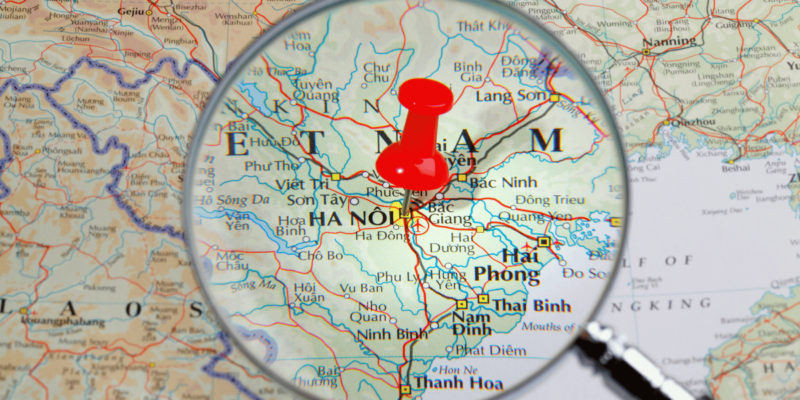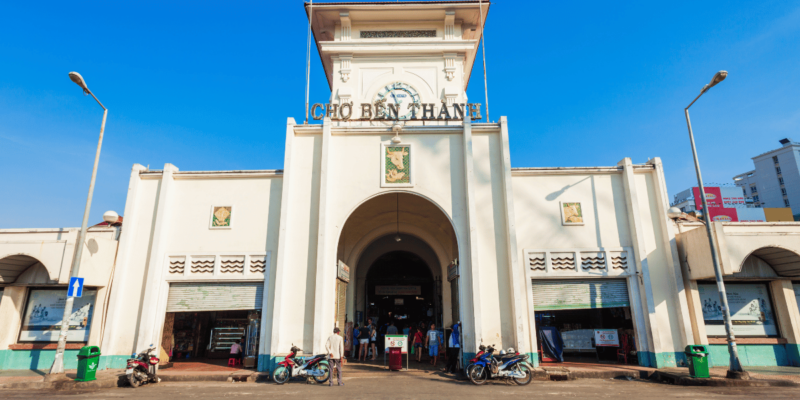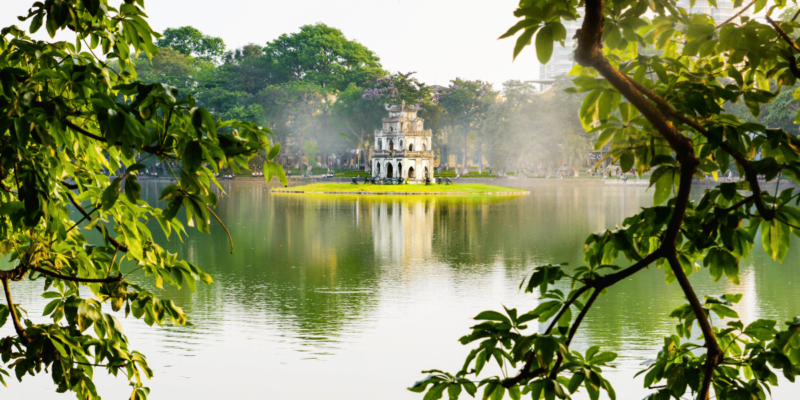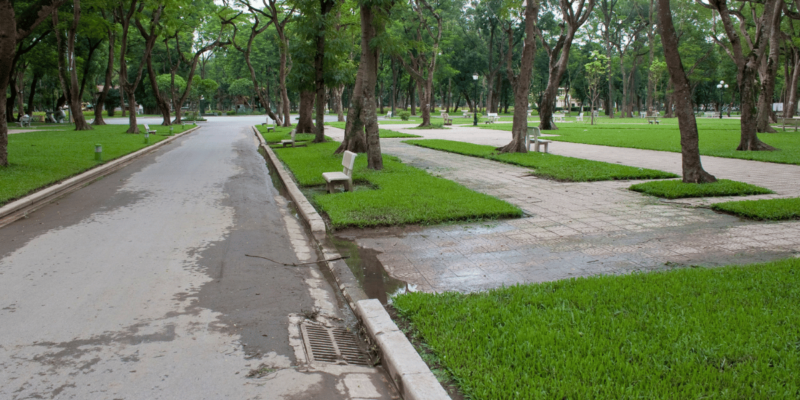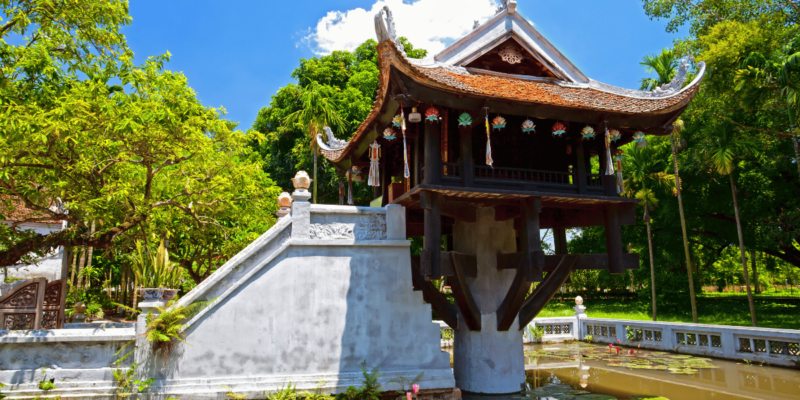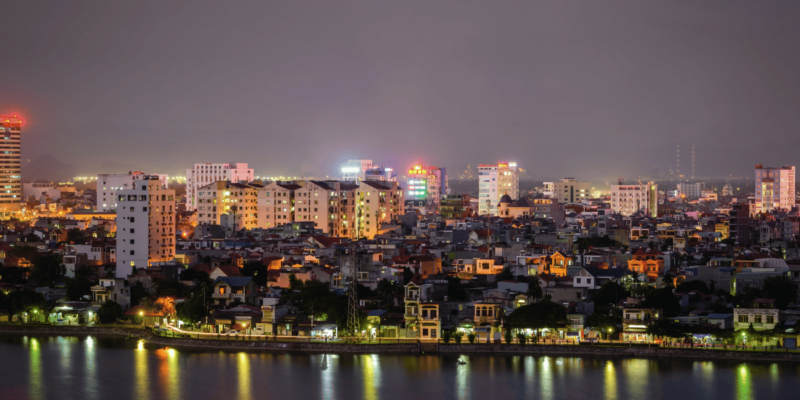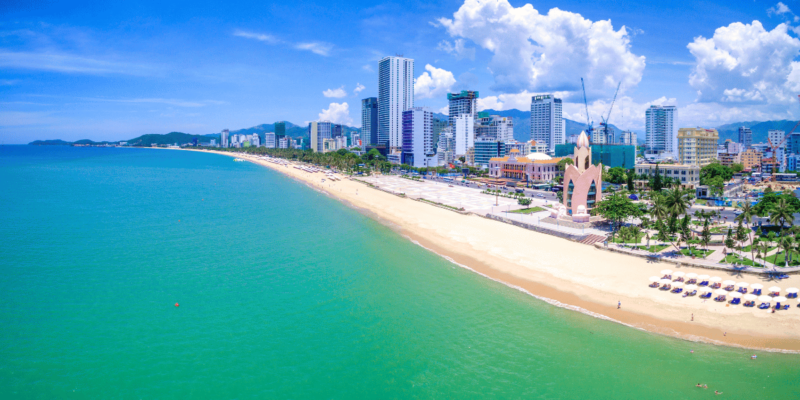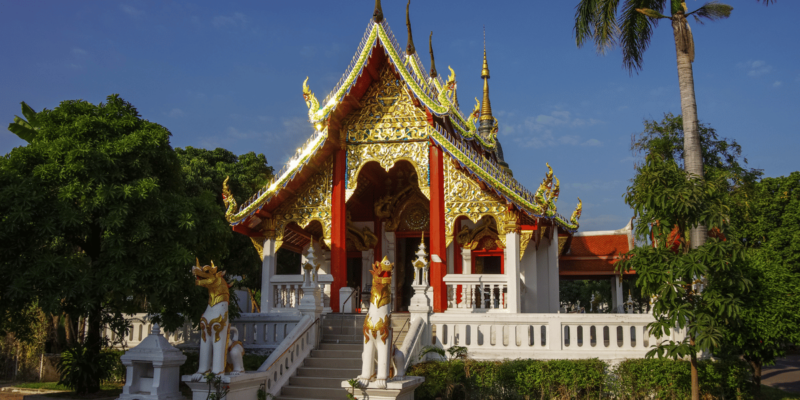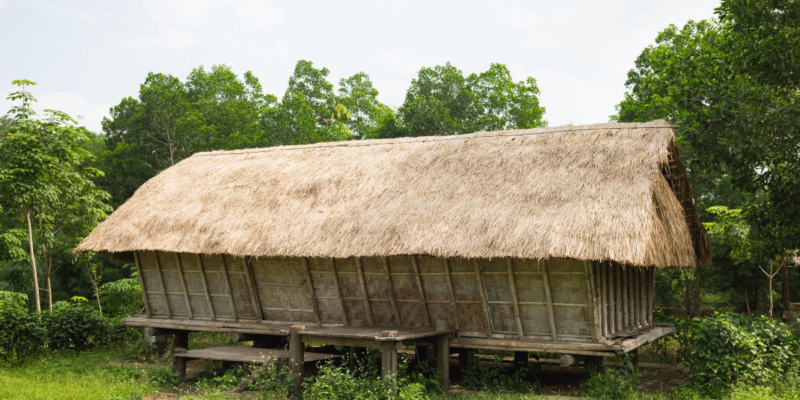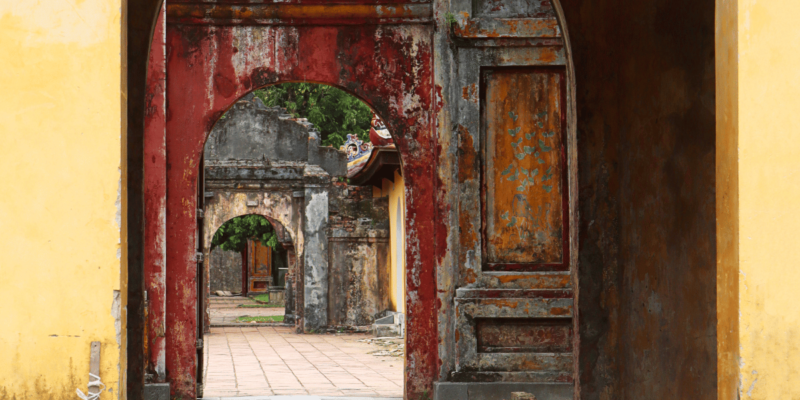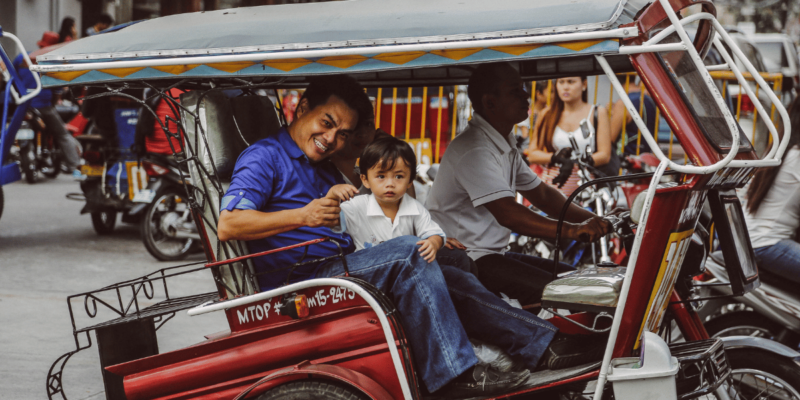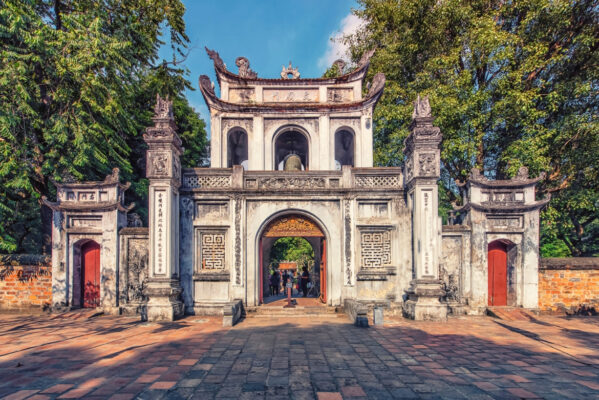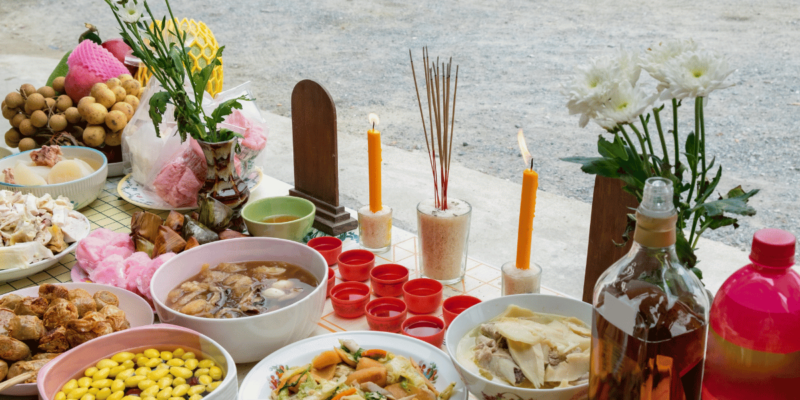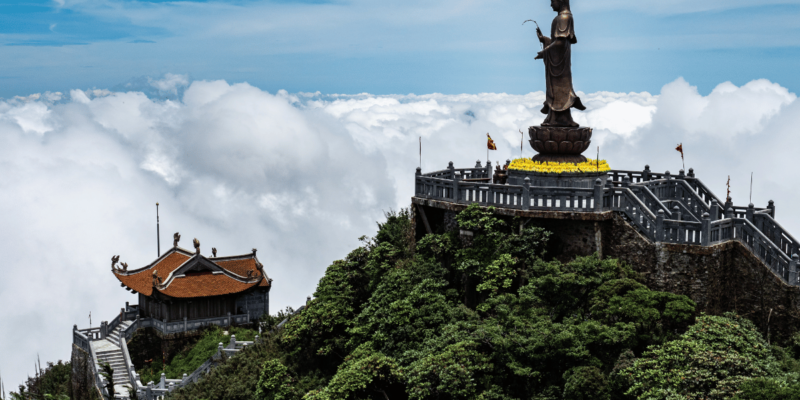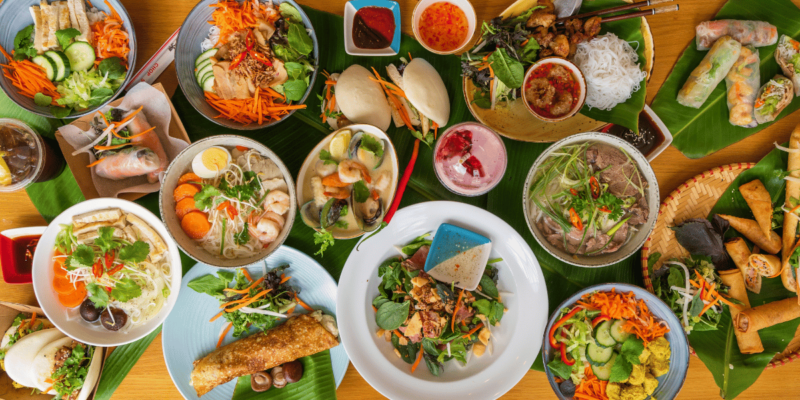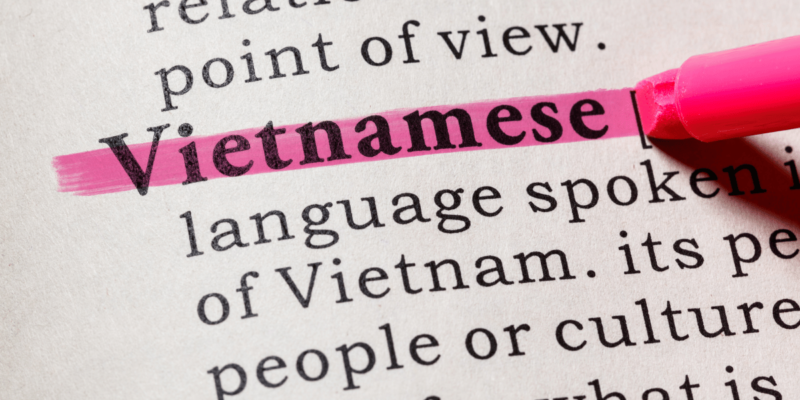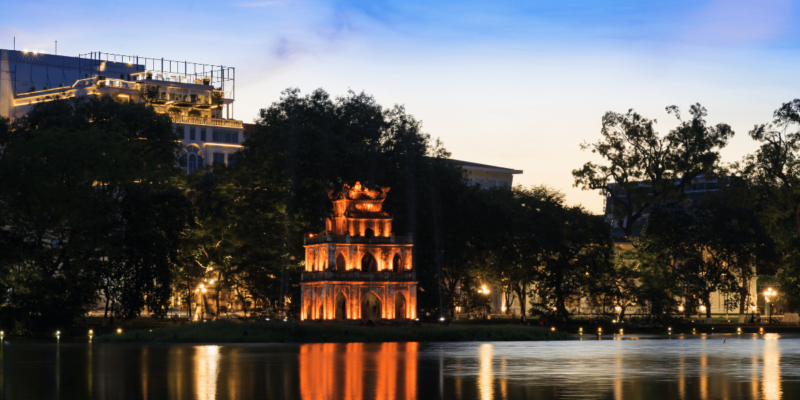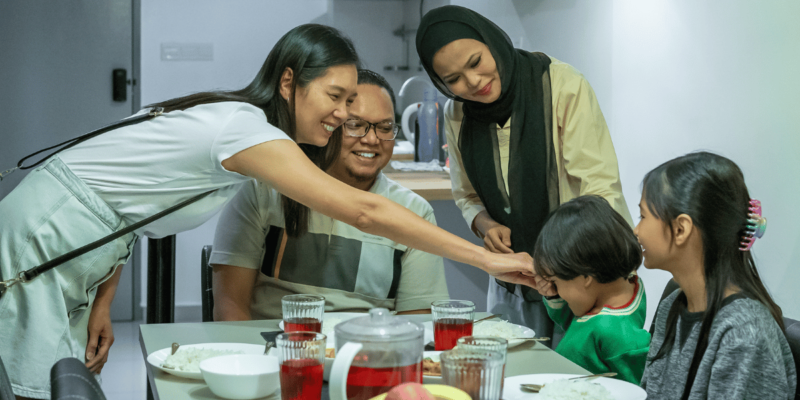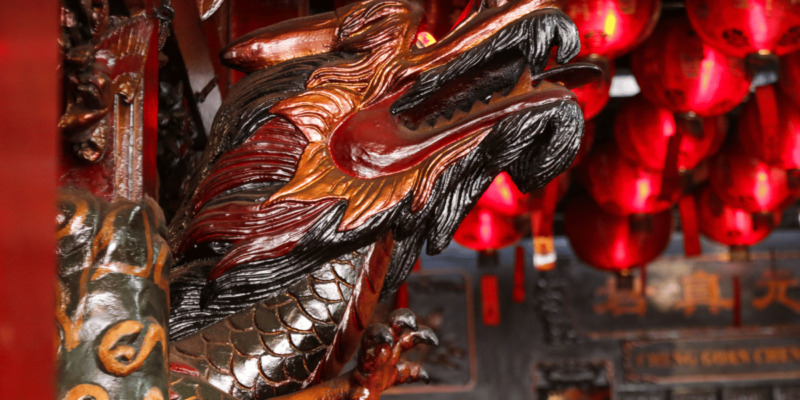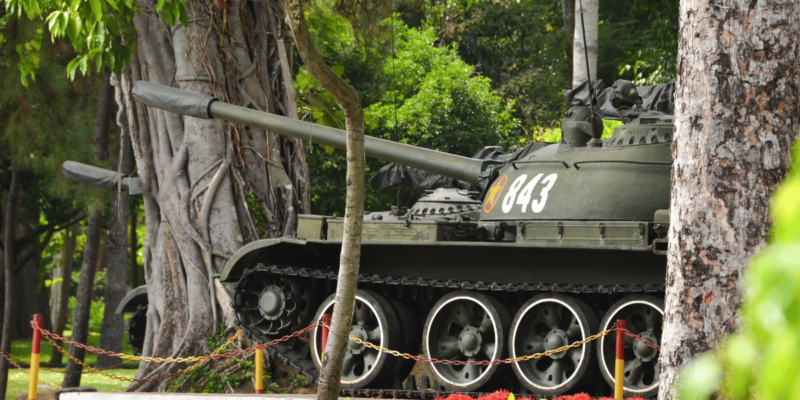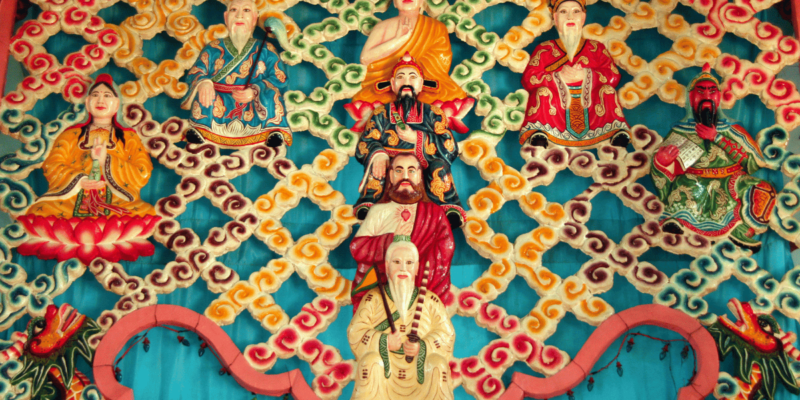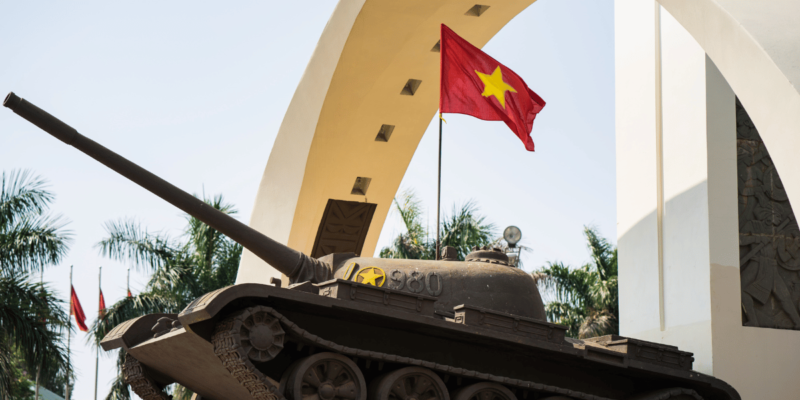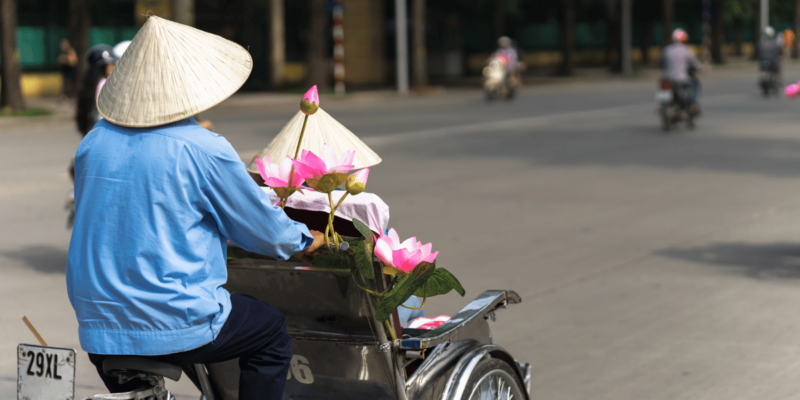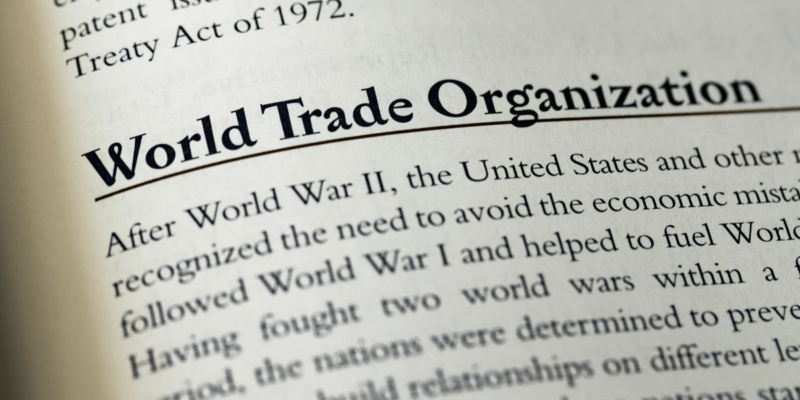A Communal Society: The Roots of Vietnamese Social Structure
Historical and Cultural Foundations of Vietnamese Society
Vietnam’s societal framework is intricately woven into its tribal and feudal past, characterized by large clan systems where communal living and mutual support were paramount. This structure was inherently patriarchal, emphasizing strict respect for elders and unwavering adherence to filial piety—qualities essential for maintaining the cohesiveness and integrity of close-knit communities. These traditions found a harmonious alignment with Confucianism, which was introduced from China. Confucianism isn’t merely a religion but a philosophy that underscores the importance of community and family, advocating for the collective needs to supersede individual desires.
In Vietnam, Confucianism manifests as a deep-seated ethos rather than mere philosophical adherence, shaping daily interactions and societal norms. It promotes a society where personal boundaries are fluid, and the concept of private space is less defined than in Western cultures, reflecting a broader societal preference for collectivism over individualism.
Ancestor Worship: Binding Time with Tradition
Complementing the communal structure of society, ancestor worship in Vietnam adds a temporal depth to familial obligations, extending the concept of family to include not only the living but also deceased ancestors across multiple generations. This practice is not just a religious ritual but a cultural cornerstone that ties the living to their past, ensuring that ancestral deeds and morals guide current and future generations. The spiritual dimension of ancestor worship integrates seamlessly with the practical aspects of life, making it a daily practice that honors and remembers the contributions of ancestors.
This integration of ancestor worship with daily life ensures a continuity of family identity and moral obligations across generations, reinforcing the communal ethos that individual actions are significantly impactful on the family’s collective reputation and welfare.
The Adaptation of Communism: Cultural Synergy and Social Integration
The arrival of communism in Vietnam in the early 20th century was less a foreign ideology and more a new organizational framework that resonated with the communal values deeply embedded within the society. Originating among the oppressed coal miners in Ha Long Bay and spreading through the ranks of the disenfranchised under French colonial rule, Marxism offered not only a revolutionary zeal but also a structured approach to fighting inequality that was familiar to the Vietnamese people.
Communism’s emphasis on collective action, responsibility, and the welfare of the community mirrored traditional Vietnamese values shaped by centuries of Confucian teaching and communal living. As such, communism was adopted not as an imposition but as an evolution of existing social structures, tailored to modern political and economic needs.
Modern Vietnam: Economic Reforms and the Enduring Communal Spirit
Post-1986 economic reforms under the Doi Moi policy transformed Vietnam into a dynamic market economy. However, this transformation has not diluted the communal spirit inherent in Vietnamese culture. Western observers often misconstrue the shift towards a market economy as a departure from communism, overlooking the nuanced way in which Vietnam has melded market-driven dynamics with communal principles.
Today, Vietnam’s approach to economic growth is distinctly communal, focusing on societal welfare and sustainable development rather than unchecked capitalist expansion. The principles of community and collective well-being continue to guide economic policies and social reforms, ensuring that economic advancements benefit not just the present population but also future generations.
Conclusion
The story of Vietnam’s societal evolution is one of remarkable cultural continuity, adapting to external influences and modern challenges while maintaining its core communal values. From its ancient tribal beginnings through periods of foreign domination and ideological upheavals to the present day, Vietnam has managed to preserve a communal way of life that remains the backbone of its social structure and the lens through which it views its future. This enduring commitment to community and collective welfare stands as a testament to the strength and resilience of Vietnamese cultural identity.

